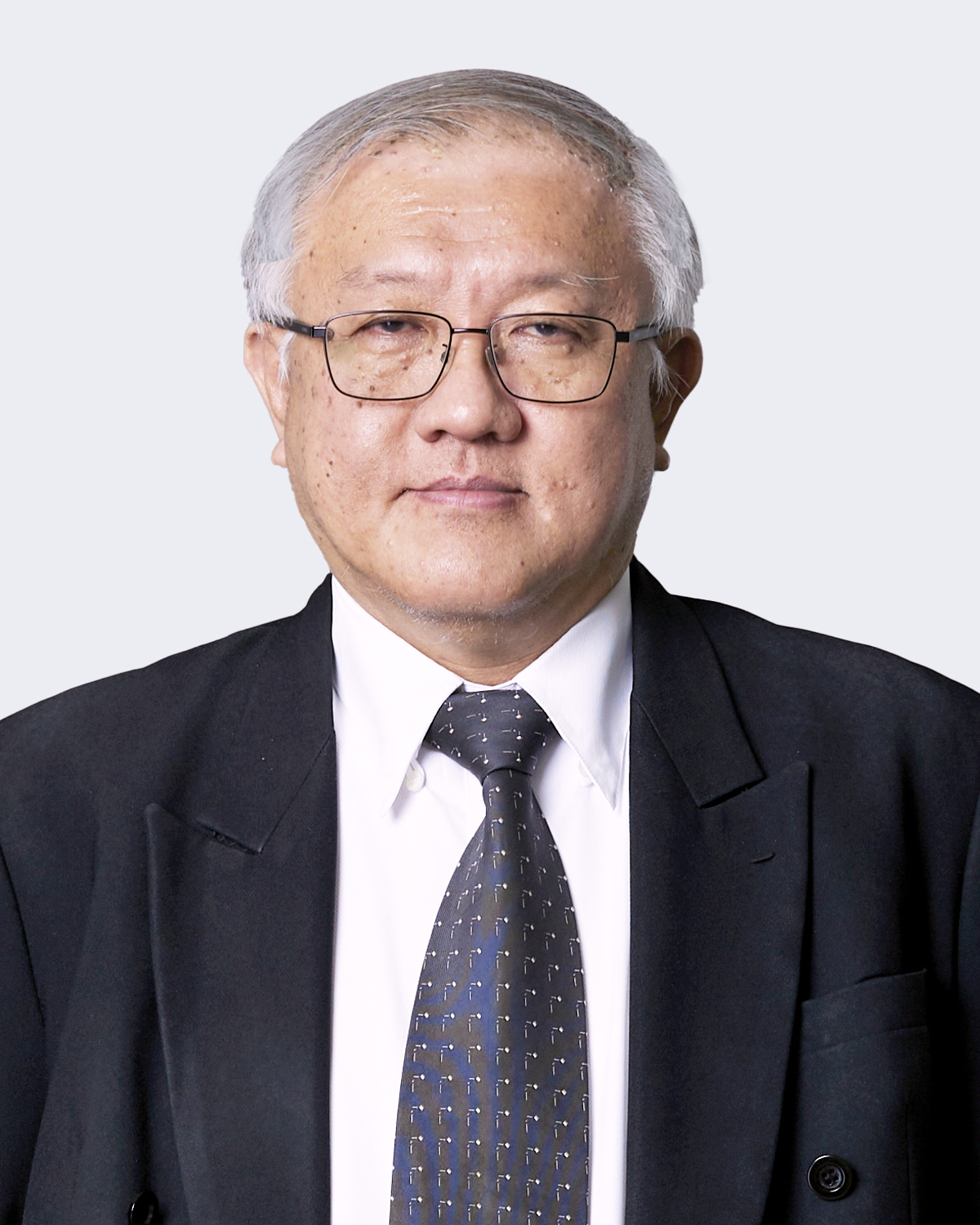On 28 November 2018, the Energy Regulatory Commission (ERC) passed a resolution to extend the Schedule of Operation Date (SCOD) due to force majeure. Subsequently, the ERC issued the Notification Regarding Methods of Considering the Extension of SCOD to Distribute Power to a Commercial Network Due to Force Majeure. However, the notification did not stipulate specific types or sizes of power plants under energy purchase agreements.
Under the notification, a force majeure event that can be a justification for the extension of SCOD must be a force majeure event as defined under the Civil and Commercial Code, and as set out under the regulations regarding power purchases and power purchase agreements. Accordingly, a force majeure event is one in which the occurrence, or consequences, could not be prevented even though the victim (or near-victim) took appropriate care as might be expected from him or her in that situation and in such condition.
Force majeure also refers to government actions. These could include changes in energy policies or in the law that result in the project owner, the project sponsor, or the Electricity Sales Department being unable to comply with any provision of the regulations regarding power purchase agreements, as well as seizure of the project, assets or any rights, shares, or benefits from the contracted energy producer by a government entity. Also covered are blockades or other acts of war; uprisings, rebellions, disturbances, and strikes; as well as accidents such as earthquakes, storms, fires, floods, and unusually bad weather conditions. Also considered force majeure would be accidental disruptions to the power distribution system caused by accident. All of these scenarios could severely impact the project or the performance of the energy producer’s duties under the power purchase agreement.
Furthermore, when determining force majeure, both the nature of the facts and the circumstances must both be considered, and the following factors must be met: (1) The party claiming force majeure must not have been the cause (or have contributed to) the facts or circumstances resulting in that party’s inability to comply with regulations regarding energy purchase agreements. (2) The party claiming force majeure must have taken appropriate care as might be expected from them in that situation and in those conditions, despite the facts or circumstances of the events that occurred being unforeseeable or unpreventable, or beyond the party’s control. (3) The party claiming force majeure must have made attempts to satisfy the energy purchase agreement. (4) The party claiming force majeure must have made efforts to mitigate the possible impacts as appropriate for a person in that situation and in those conditions.
When determining the extension of a SCOD for distributing power to a commercial network due to force majeure, the factors must include the project’s preparedness under four areas: the preparedness of the property, the preparedness of the technology, the preparedness of the source of investment funds, and the preparedness of obtaining approvals under the relevant laws and regulations. The determination of the extension of the SCOD must also be such that the extension is only as is necessary and suitable, and must take into account the significance and impact of the force majeure event. Officials must also periodically report to the Energy Policy Executive Committee and the National Energy Policy Council.
In conclusion, force majeure is a general legal basis wherein a contracting party is unable to perform their duties under the agreement due to a force majeure event, whereby that party is not held to be at fault for the inability to perform their duties. Nevertheless, the extent to which force majeure can be used in determining the extension of the SCOD must be considered in accordance with the factors stipulated in the notification referenced above, including the combined nature of the facts and circumstances, as well as the preparedness of the project with regard to the four areas described above. This notification serves as a guideline to be used at the discretion of the government authorities in extending the SCOD in a manner that displays good governance, and following it will result in the highest fairness for commercial operators and other persons affected by the extension of the SCOD.
This article first appeared in the August 2019 edition of PTIT Focus, the Petroleum Institute of Thailand’s monthly newsletter. The article was published in both English and Thai.







